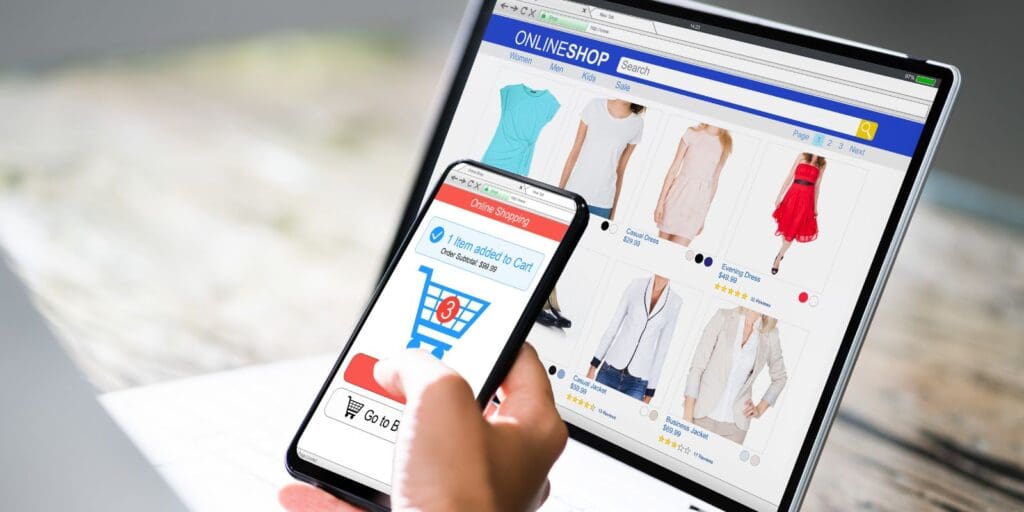Shopping is, in a word, fun. Who amongst us hasn’t succumbed to a bout of retail therapy after a bad day at work, or a tough phone call with a distant relative? Equally, who amongst us hasn’t rewarded ourselves with a shopping spree after a great day at work, or some phenomenal news besides? Much with any ‘vice’, shopping can be a celebratory or commiseratory affair, and waits for no one when it comes to weighing on your bank account.
A little shopping here and there is, obviously, a good thing – we enjoy collecting things, we enjoy pampering ourselves, and what is our money for if not spending? Well, with tough economic times both behind us and ahead of us, some sprees get harder to justify. And for some of us, control is a difficult thing. Whether you’d like to save a little more money for the long term, or you’d like to get to grips with some bad shopping habits, the following tips could be your key to getting on top of your retail spending.
Set a Budget Before You Shop
A great start would be to set a budget each time you have intentions of shopping online. Window shopping is all well and good, but online shopping makes it so much easier for you to click through to payment without checking in with yourself. So be honest with yourself, and set yourself a maximum spend! You can base this on your actual household budget too, to ensure everything is priced in and you’re never spending more than you can afford.
If you’re finding it hard to maintain honesty and stick to your budget, you could use a prepaid card or a spending ‘pot’ in your online banking account. This way, you can load a set amount onto it, ensuring you can’t spend more than what’s on the card.
Keep an Eye on What You’re Spending
This leads us neatly on to the matter of maintaining honesty with yourself – and why tracking your expenditure is crucial even with a budget in place. You should be regularly checking your bank and credit card statements to see where your money is going – such as in spending pots in your online banking app, as explored before. Many credit cards also split up expenditures by category, assigning ‘food’ and ‘clothes’ tags to transactions so you can spot patterns and make changes.
Use Price Comparison and Deal Tools
Retail-therapy shopping is not rational shopping, and sometimes it’s easy for budgeting to go out of the window when you’re feeling impulsive. That impulsive buying, though, can lead you to over-expensive shopping by virtue of missing possible deals and discounts. If you’re going to be spending money, you may as well spend some time shopping around for the best possible deal!
At best, the time spent looking for better prices will give you time to think again about if you really want the item; at worst, you come away with something you want for less than you thought! Setting up alerts on sites like eBay can help you net excellent deals over time, too.

